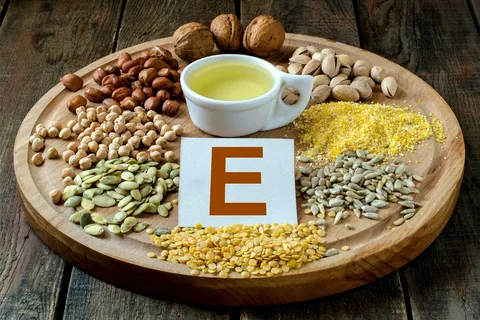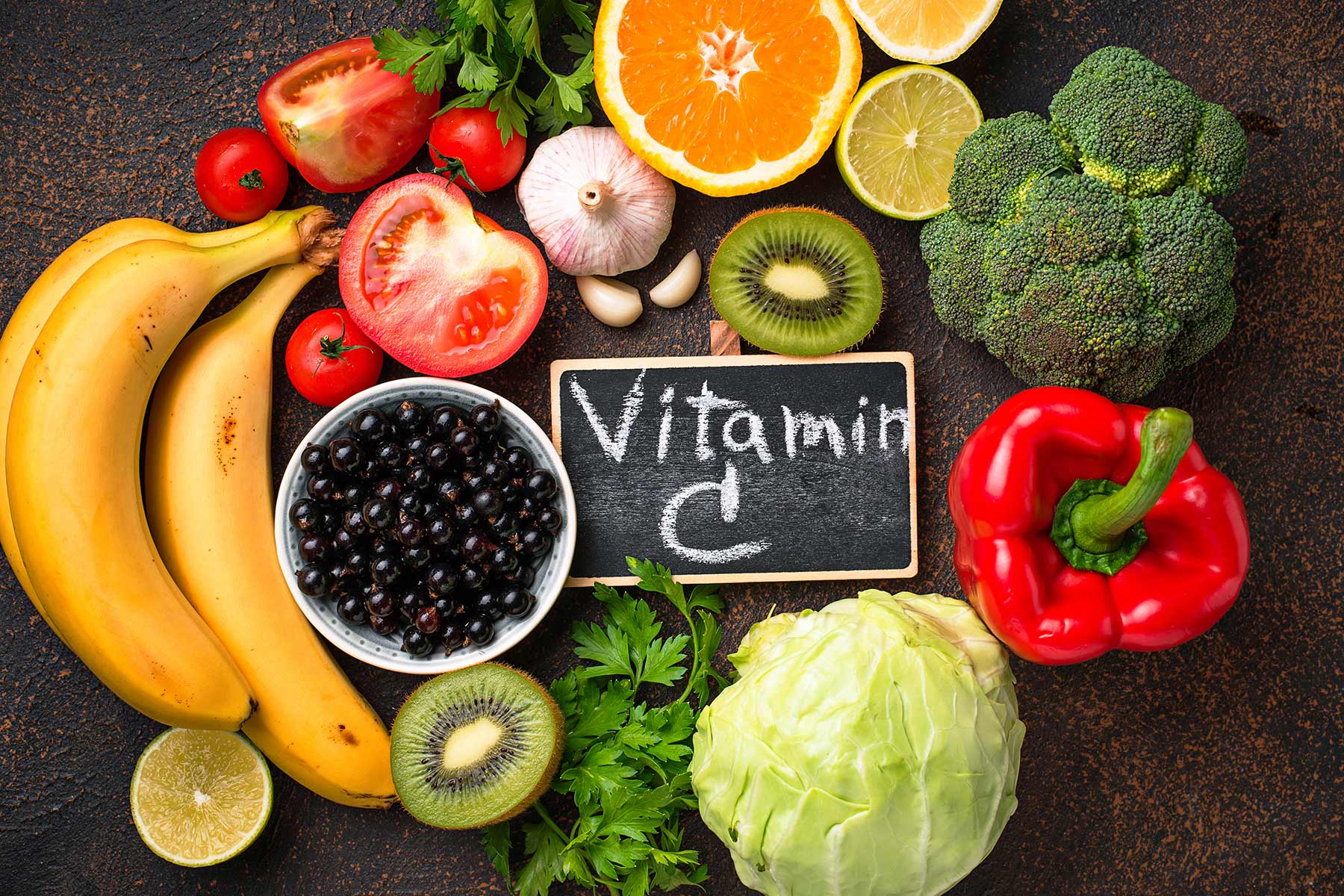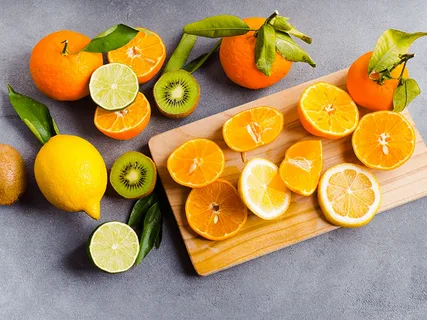Vitamin E is a powerful nutrient with a range of health benefits, and its role in reproductive health is especially noteworthy. As an antioxidant, Vitamin E helps protect cells from damage and supports various physiological functions. This guide delves into the significance of Vitamin E in reproductive health, exploring its effects on fertility, pregnancy, and overall reproductive wellness.
What is Vitamin E?
Vitamin E is a fat-soluble vitamin found in various foods and available as a dietary supplement. It exists in several forms, but alpha-tocopherol is the most active form in humans. Vitamin E is well-known for its antioxidant properties, which help combat oxidative stress by neutralizing free radicals that can cause cellular damage.
How Vitamin E Affects Reproductive Health
Antioxidant Protection
One of Vitamin E’s primary roles is as an antioxidant. In the reproductive system, it helps protect cells from oxidative stress, which can damage sperm cells, eggs, and reproductive tissues. By neutralizing free radicals, Vitamin E helps maintain the integrity of these cells and supports their proper function.
Hormonal Balance
Vitamin E plays a crucial role in regulating hormones. It supports the endocrine system and can influence the production and function of sex hormones, such as estrogen and testosterone. Proper hormonal balance is essential for regular menstrual cycles, ovulation, and overall reproductive health.
Fertility
For Women
In women, Vitamin E contributes to reproductive health by supporting ovarian function and egg quality. It helps protect the eggs from oxidative damage, which is crucial for maintaining fertility. Additionally, Vitamin E may help in alleviating symptoms of premenstrual syndrome (PMS) and menstrual cramps.
For Men
In men, Vitamin E is vital for sperm health. It improves sperm motility and morphology, which are crucial factors in male fertility. Antioxidant protection from Vitamin E helps reduce sperm DNA damage, thereby enhancing overall reproductive potential.
Pregnancy Support
During pregnancy, Vitamin E supports the health of both the mother and the developing fetus. It aids in the formation of the placenta, supports immune function, and helps protect the fetus from oxidative damage. Adequate Vitamin E intake during pregnancy is associated with a lower risk of complications such as preeclampsia and preterm birth.
Healthy Skin and Tissue Repair
Vitamin E promotes healthy skin and tissue repair, which is beneficial during pregnancy. It helps maintain skin elasticity and can prevent stretch marks by supporting the skin’s ability to heal and regenerate. Additionally, Vitamin E plays a role in reducing inflammation, which can be beneficial during the prenatal period.
Dietary Sources of Vitamin E
Vitamin E can be obtained from various dietary sources. Some of the best sources include:
- Nuts and Seeds: Almonds, sunflower seeds, and hazelnuts are rich in Vitamin E.
- Vegetable Oils: Sunflower oil, wheat germ oil, and safflower oil are excellent sources.
- Green Leafy Vegetables: Spinach, kale, and broccoli provide a good amount of Vitamin E.
- Fruits: Avocado and kiwi are also beneficial sources of Vitamin E.
Incorporating these foods into your diet can help ensure adequate Vitamin E intake.
Recommended Intake
The Recommended Dietary Allowance (RDA) for Vitamin E varies by age, gender, and life stage. For adults, the RDA is 15 milligrams (mg) per day. Pregnant and breastfeeding women may require slightly higher amounts to support their increased nutritional needs. It’s essential to consult with a healthcare provider to determine the appropriate dosage for individual needs.
Potential Deficiency and Overdose
Deficiency
Vitamin E deficiency is relatively rare but can occur in individuals with certain medical conditions or poor dietary intake. Symptoms of deficiency include muscle weakness, vision problems, and immune system dysfunction. In pregnant women, deficiency may lead to complications such as preeclampsia.
Overdose
While Vitamin E is generally safe, excessive intake from supplements can lead to adverse effects, such as bleeding disorders and gastrointestinal issues. It’s important to adhere to the recommended dosage and consult with a healthcare provider before starting any new supplement regimen.
FAQs
How does Vitamin E improve fertility in women?
Vitamin E improves fertility in women by protecting eggs from oxidative damage, supporting ovarian function, and regulating hormones. This helps maintain overall reproductive health and improves the chances of conception.
Can Vitamin E supplements help with PMS symptoms?
Vitamin E supplements may help alleviate some symptoms of premenstrual syndrome (PMS), such as breast tenderness and menstrual cramps, due to its anti-inflammatory and antioxidant properties.
How does Vitamin E benefit sperm health in men?
Vitamin E benefits sperm health by improving sperm motility and morphology. It reduces oxidative stress, which helps protect sperm DNA and enhances overall fertility.
Is Vitamin E important during pregnancy?
Yes, Vitamin E is important during pregnancy as it supports the formation of the placenta, aids in immune function, and helps protect the fetus from oxidative damage. It also contributes to healthy skin and tissue repair.
What are the best dietary sources of Vitamin E?
The best dietary sources of Vitamin E include nuts and seeds (such as almonds and sunflower seeds), vegetable oils (such as sunflower oil and wheat germ oil), green leafy vegetables (such as spinach and kale), and fruits (such as avocado and kiwi).
What is the recommended daily intake of Vitamin E?
The Recommended Dietary Allowance (RDA) for Vitamin E is 15 milligrams (mg) per day for adults. Pregnant and breastfeeding women may require slightly higher amounts. It’s important to consult with a healthcare provider for personalized recommendations.
Can Vitamin E supplements cause side effects?
While Vitamin E is generally safe, excessive intake from supplements can cause side effects, such as bleeding disorders and gastrointestinal issues. It’s important to follow the recommended dosage and consult a healthcare provider before starting any new supplement.
How can I tell if I have a Vitamin E deficiency?
Symptoms of Vitamin E deficiency include muscle weakness, vision problems, and immune system dysfunction. If you suspect a deficiency, it’s best to consult a healthcare provider for appropriate testing and guidance.
Is Vitamin E supplementation necessary if I have a balanced diet?
If you have a balanced diet rich in Vitamin E sources, supplementation may not be necessary. However, if you have specific health concerns or dietary restrictions, consulting a healthcare provider can help determine if supplementation is needed.
Are there any interactions between Vitamin E and other medications?
Vitamin E can interact with certain medications, such as blood thinners and cholesterol-lowering drugs. It’s important to discuss any supplements with your healthcare provider, especially if you are taking other medications.
Conclusion
Vitamin E is a crucial nutrient for maintaining reproductive health. Its antioxidant properties protect cells from damage, support hormonal balance, and enhance fertility in both men and women. Additionally, Vitamin E plays a vital role in pregnancy, supporting the health of both the mother and the developing fetus. Ensuring adequate intake through a balanced diet or supplements, if necessary, can contribute to overall reproductive wellness and support a healthy reproductive system. Always consult with a healthcare provider to tailor Vitamin E intake to your individual needs and circumstances.
- The Experience Of Being Demigender In A World Focused On Binary Gender Norms - June 1, 2025
- The Fluidity Of Pansexuality And How It Affects Modern Relationships - May 30, 2025
- What Is A Twilight Facelift? - May 30, 2025



